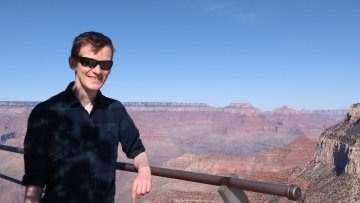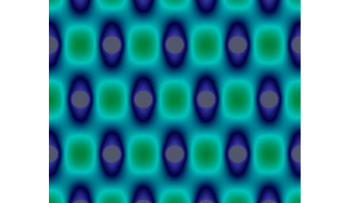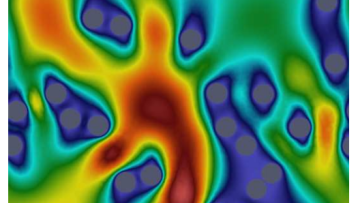13:00
Discrete fundamental group: the large and the small
Abstract
The discrete fundamental groups of a metric space can be thought of as fundamental groups that `ignore' closed loops up to some specified size R. As the parameter R grows, these groups have been used to produce interesting invariants of coarse geometry. On the other hand, as R gets smaller one would expect to retrieve the usual fundamental group as a limit. In this talk I will try to briefly illustrate both these aspects.




